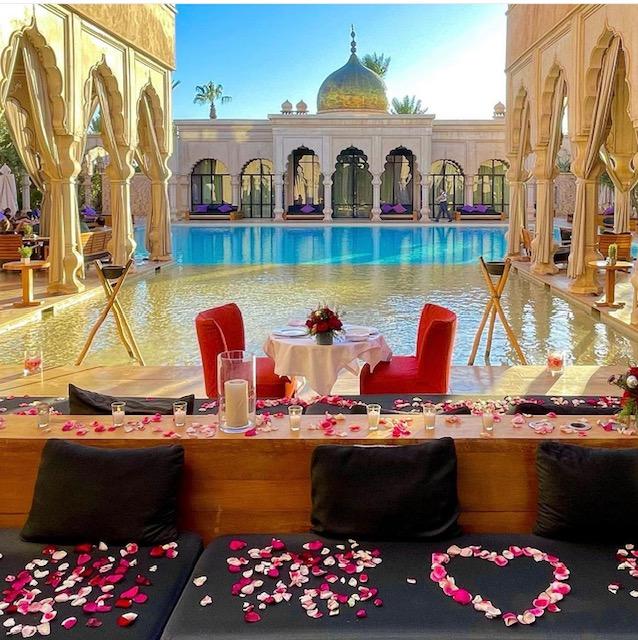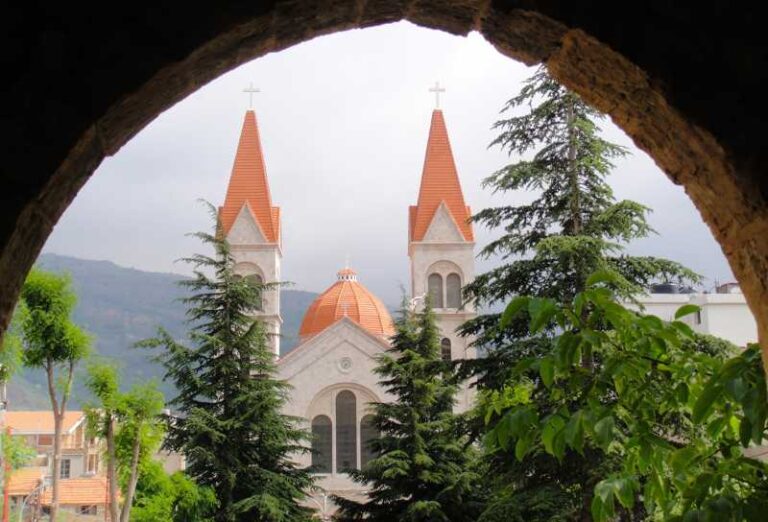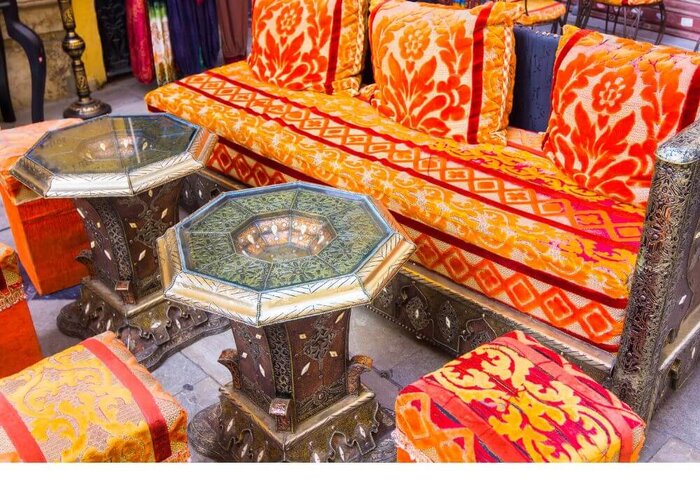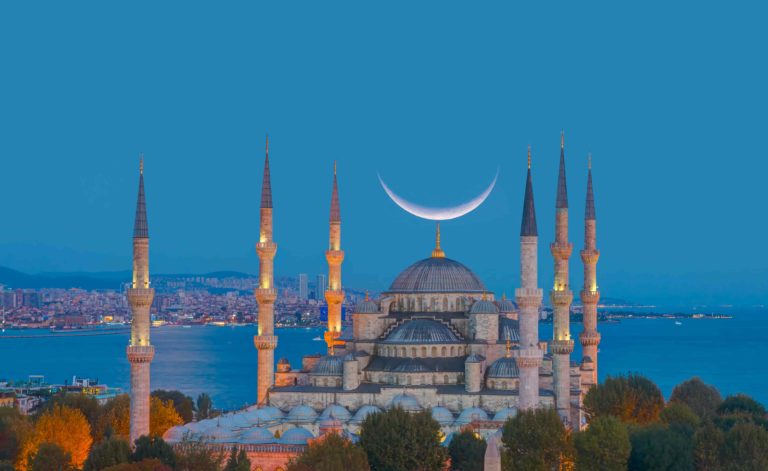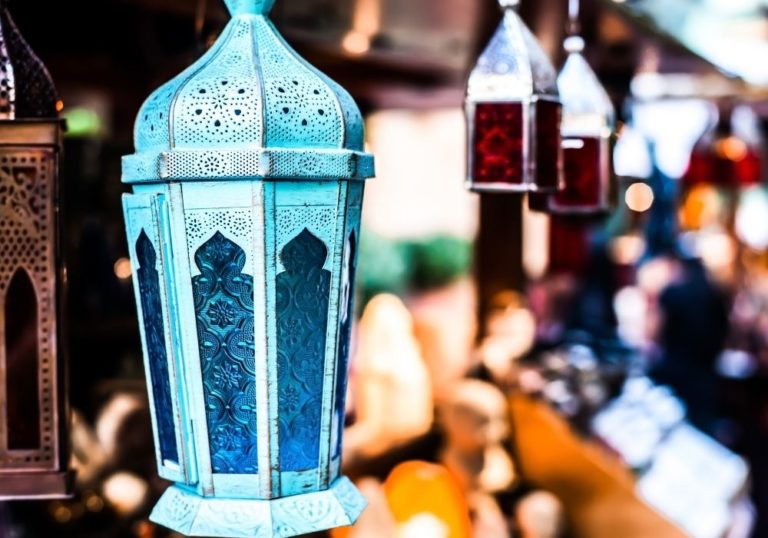Algeria: People, Culture, and Traditions
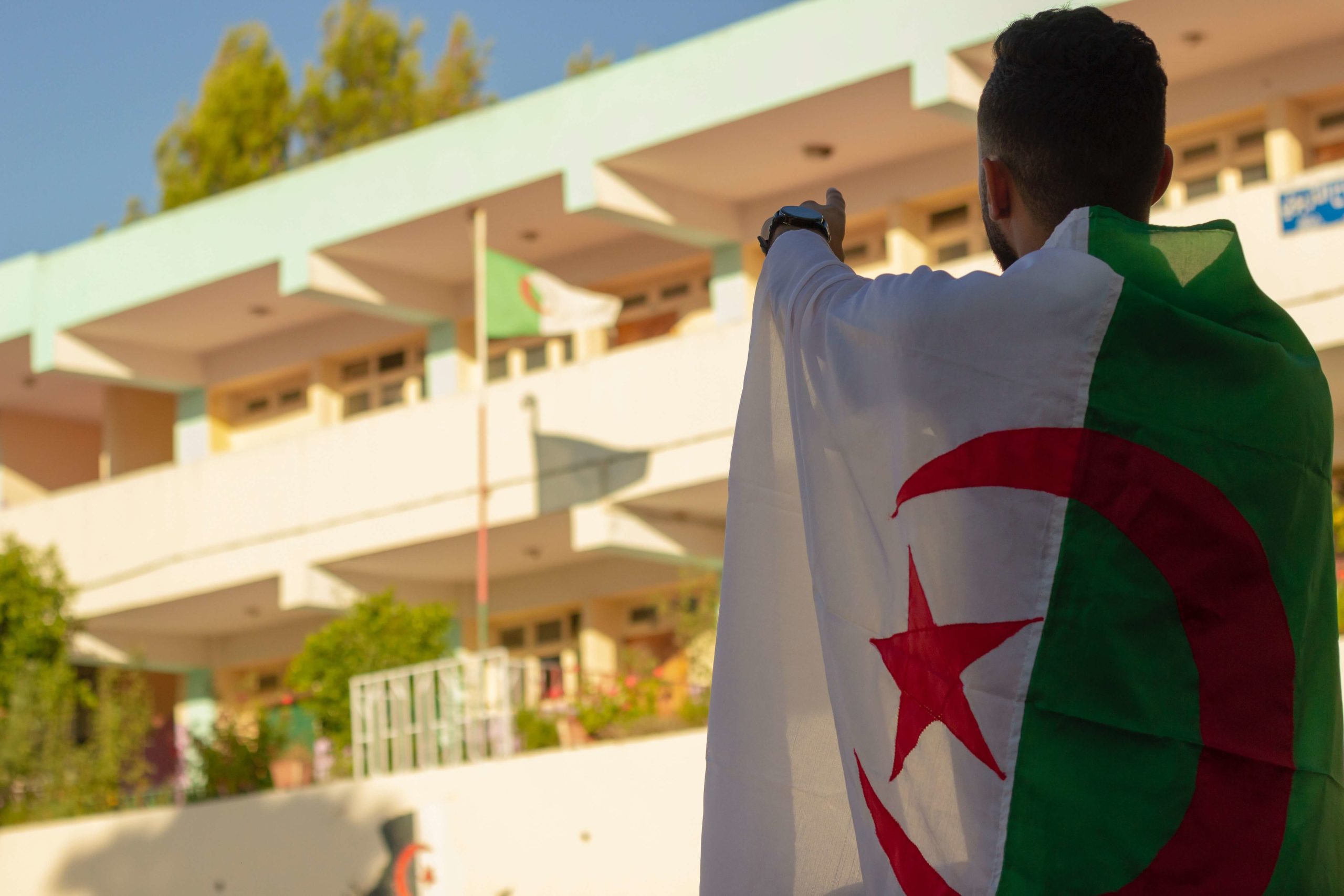
Algeria owes its fascinating history, values, customs, and traditions to the multitude of civilizations, empires, and colonizers, the influences they brought with them, the practices they introduced, and the heritage they left behind.
The rich and expansive cultural diaspora highlights many tribal and ethnic contributions to what has now become Algeria’s distinguished and charmingly unique patrimony.
In this article, we explore the intricacies of a rather turbulent Algerian history and past, the defining characteristics of Algerian people and society, in addition to their exceptional culture and traditions.
Table of Contents
Algerian History & Background
Algeria has been home to many cultures, civilizations, and dynasties, from the Phoenicians, Romans, and Byzantines to the Ottoman Turks, the armies of Islam, and the French.
While the Berbers were the first inhabitants of the land, Phoenicians were the first invaders, with an empire that extended to what is today known as Lebanon.
Algeria’s ancient history can be traced back thousands of years ago, dating as far back as 10,000 B.C, when the Sahara desert was famous for its forests, lakes, and mild Mediterranean climate.
The Oranian and Capsian were enticed by the potential this green land had and embraced the integration with indigenous people within the propagation of Neolithic culture.
Rock paintings and carvings in caves within the Tassili N’Ajjer National Park showcase the lifestyle of ancient Algerians.
Today, it is widely believed that most Algerians are descendants of these Neolithic people.
Following the Phoenician foothold that extended from 1000 B.C, the Carthaginians took the reins early in the 7th century B.C, more exactly 814 B.C.
They soon emerged as a large commercial empire due to the pressure from the Babylonians as well as the Greek attacks aimed at Carthage and lofted from Sicily.
The Carthaginians are known to have taught the indigenous Berbers of Algeria their advanced agricultural methods.
However, the Carthaginian rule will soon disintegrate due to the rising power of the Roman empire, the weakened state of Carthaginian territory, and subsequently what is known as the Punic Wars.
Algerian Berbers were gaining strength and their power was at its peak, so they eventually rebelled and destroyed the Carthaginian remains in the mid 2nd century B.C.
Roman leadership will take over for the next 200 years leaving behind fascinating ruins that still stand in the ancient city of Timgad in the Aures Mountains.
This period witnessed a tremendous increase in urbanization and prosperity.
Though it’s worth mentioning that the Berbers clashed with the Romans just as ardently as they did with their predecessors.
Following the Vandals and Byzantines in 430 A.D, the arrival of Islam came to dismantle the tenuous Byzantine control over Algeria (and the rest of North Africa).
The period between the 7th and the 14th century A.D had the majority of locals converted to Islam, making Algeria part of the Ottoman empire in the 1500s.
Following what is now known as a tumultuous and chaotic history of Spanish, Ottoman, and Turk activity in Noth Africa came the French rule, a dark period in the history of Algeria.
French settlers and colonization have taken over all the resources of indigenous people, which eventually led to the death of a large portion of the native population.
After 132 years of French occupation, Algeria finally took its independence in July the 5th of 1962.
The People and Society of Algeria
The national identity in Algeria is based on a combination of Arab and Berber cultures.
Together, these two groups make up approximately 99% of all the population. Historically, Arabs and Berbers have intermarried for centuries, making any chance of demarcation incredibly low.
With that said, estimations suggest that 75% of Algerians consider themselves Arabs, while only a 30 to 25% see themselves as Berbers.
Life for ordinary Algerian citizens revolves around the sacred bond of the family as a unit (an aspect that is very common among most Arab and North African countries).
In addition to immediate family, there is this notion of a layered identity that pertains to extended family, the tribe, the village, and an overarching component which is the national psyche.
Although these social structures and ideals are still deeply rooted in the Algerian way of living, the people of Algeria have adopted a more Westernized approach in their expectations of urban, modern life.
Besides establishing family bonds while still maintaining a contemporary lifestyle, the age of marriage has also known some level of European influence.
Algerian men will typically get married around the age of 33, and women at the age of 29. This relative lateness (based on Arab cultural norms) could be attributed to the large expenses staging weddings.
In this context, there is an amalgam of traditional Algerian and modern European values that come at play to dictate the nature of life Algerians have.
The official national language is Arabic (as of 1990), and many Algerians speak several vernacular dialects (similar to Morocco and Tunisia), in addition to the Amazigh language.
Though French is widely used in education, media, and government communications, it has no official status in the country.
Sunni Islam is the official religion, with the majority of the population adhering to it, though there are several religious minorities, namely Christians, Jews, and Baha’i.
Algerian Culture & Traditions
While there have been many valiant efforts to completely modernize the Algerian diaspora, the pull and power of traditional values remains strong and withstanding.
Predominantly a Muslim country, whether in the city or the countryside, the customs and traditions of the average Algerian citizen are heavily influenced by the atmosphere of Islam.
This influence of religion on social norms and etiquette has become a point of pride and autonomy for those seeking to resist what is continuously seen as Western imperialism.
These ethnic and religious influences can be found all throughout the various aspects of Algerian culture, but especially in arts and traditional crafts.
Kabylie music (Amazigh people of the Kabylie region), while not very popular outside of Algerian borders, has been part of the country’s heritage for hundreds of years, but it especially served its purpose to strengthen national identity during the colonial era.
On the other hand, Rai music is the most popular genre, in Algeria, as well as neighboring North African countries.
This art form, originating in the western sphere of the country, combines the use of various instruments to accompany simple and easy-going, yet poetic lyrics.
Cheb Khaled is a prominent figure in the Rai scene and has managed to gain worldwide fame and acclaim by exporting his music to Europe and the United States.
Like many other traditions, Algerian performance arts have been heavily suppressed during the French occupation, but they have known a significant revival in the past couple of decades, namely traditional music, and forms of dance in particular.
The literary landscape is just as rich, vibrant, and abundant in Algeria, with many authors, playwrights, and poets writing in both French and native languages (Arabic and Amazigh).
Choosing the former means the literary work will gain a larger audience on the international scale while choosing the latter could be interpreted as a stance to showcase one’s national pride and draw the attention of likeminded audiences within the country.

